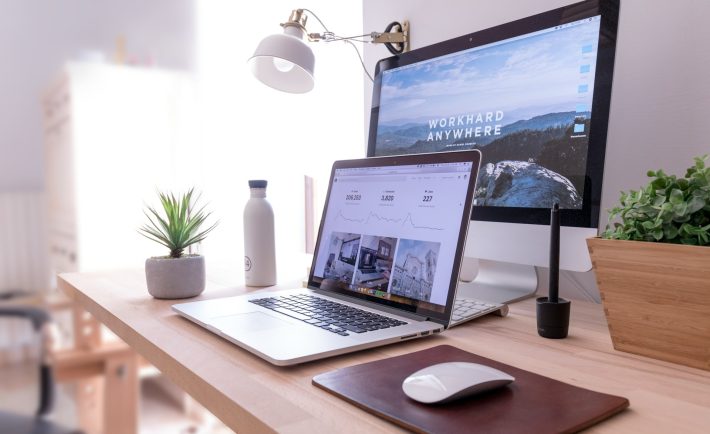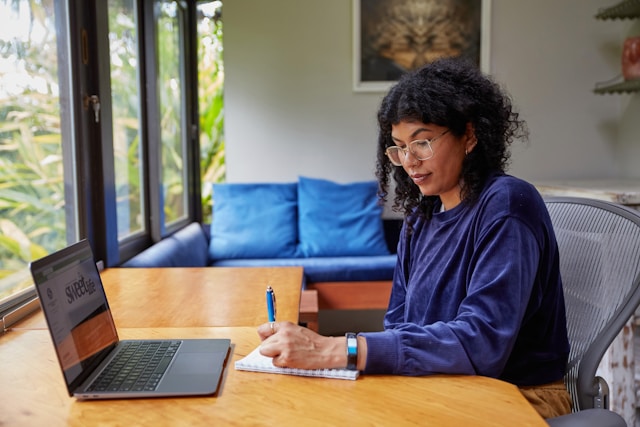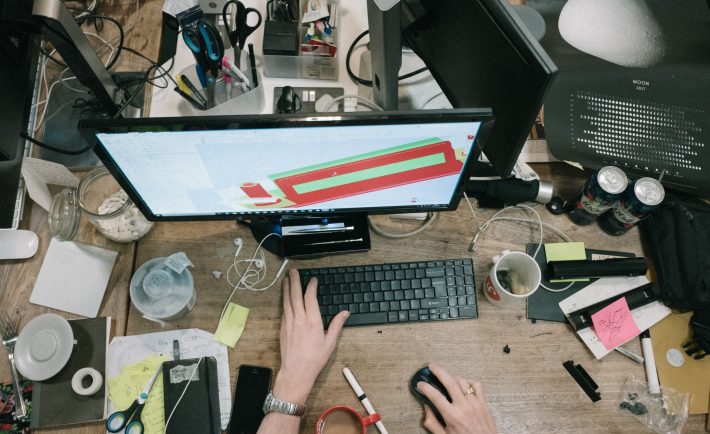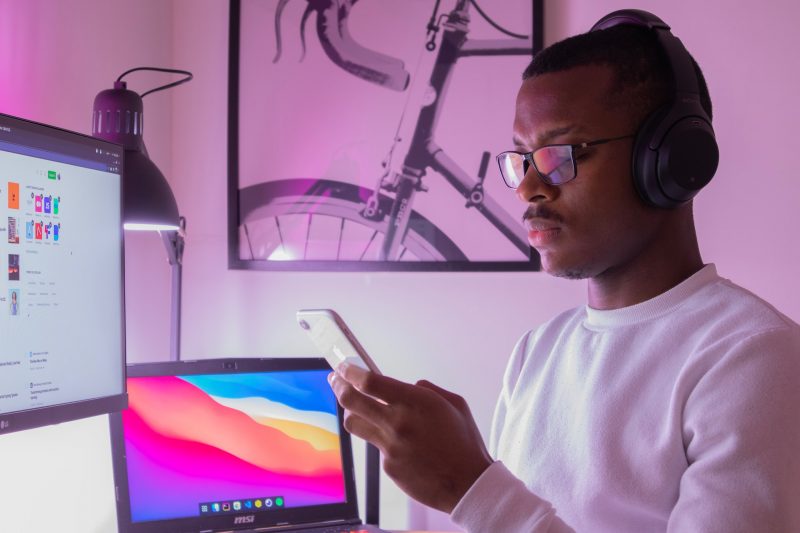We are nearing the end of Q1 2025.
If you’re reading this, how are you doing?
Feeling down for a moment and feeling down for an extended period of time are two very different things.
Thankfully, you don’t have to suffer with your thoughts alone.
Need someone professional to speak to?
Here is a quick list of well-rated counseling centers in Singapore to keep your mental health in check.
Sofia Wellness Clinic
View this post on Instagram
Website: sofia.com.sg
Address: 190 Clemenceau Avenue, #02-07 Singapore Shopping Centre, Singapore 239924
Google Rating: 4.8 (18 reviews)
Sofia Wellness Clinic is a private counseling and psychotherapy practice offering professional support for teenagers, adults, couples, and families. Whether you’re facing emotional distress or navigating life’s challenges, their team of trained therapists provides evidence-based treatment in a safe and compassionate environment.
Issues they address include: Anxiety, anger management, chronic illness/pain, depression, grief, mood disorders, marriage and family issues, OCD, panic disorders, self-esteem struggles, stress management, and trauma/PTSD.
Initial session fee start from S$80.
Call +65 6612 1124
Talk Your Heart Out – TYHO
View this post on Instagram
Website: talkyourheartout.com
Google Rating: 5 (120+ reviews)
Address: 6 Shenton Way, OUE Downtown 2, Singapore 068809
When life gets heavy, Talk Your Heart Out (TYHO) is here to lighten the load with their team of master’s degree-wielding therapeutic superheroes boasting an average of 5 years of experience each in fields like clinical psychology, counseling, and social work.
Battling anxiety, navigating a career crossroads, or simply seeking more self-knowledge?
TYHO’s got your back.
Their expertise means personalized guidance tailored to your situation and flexible online and in-person sessions make getting quality care as easy as pressing ‘play’.
Base pricing starts from 95 USD (approx. 128 SGD).
Emotional Wellness
Website: emotionallygreat.com
Google Rating: 4.9 (80+ reviews)
Address: 545 Orchard Road Far East Shopping Centre, #04 11B, Singapore 238882
Looking for meaningful personal growth?
Carol Goh’s Emotional Wellness counseling provides a holistic approach to healing.
With over 18 years of specialized experience counseling people of all ages and backgrounds, Carol employs proven experiential techniques that identify root causes and work with the subconscious for enduring positive change.
Her methods facilitate profound inner growth that naturally leads to outward transformation.
Holding a Master’s in Social Science (Counselling) from the University of South Australia, Carol offers services in English and Mandarin, online or in-person.
Whatsapp Carol at +65 9832 4947 for prompt response.
Insightful Counselling & Training
View this post on Instagram
Website: insightfulcounselling.com
Google Rating: 4.9 (60+ reviews)
Address: 10 Raeburn Park, #03-01, Room:GH33, Singapore 088702
When it comes to overcoming trauma, you want guidance from the best, and at Insightful Counseling & Training, founder and counselor Reena Goenka and her team specialize in trauma therapy using EMDR and Brainspotting—an expertise that’s among the few of its kind in Singapore.
If there’s one thing that you need to know, it’s this: it sets itself apart by offering unlimited FREE counseling sessions conducted by Master’s interns, making its trauma counseling services accessible to everyone.
And with sessions being conducted in English, Mandarin, Hokkien, Hindi, or Marathi, their counseling embraces our island’s multicultural diversity.
Incontact Counselling & Training
View this post on Instagram
Website: incontact.com.sg
Google Rating: 4.9 (50+ reviews)
Address: 7 Maxwell Rd, #04-04, Annexe B MND Complex, Singapore 069111
Last but not least, we have Incontact Counseling & Training, led by Founder and Lead Counselor Aarti Mundae, a mental health resource you can count on.
With over 16 years of clinical experience and 9 years in a leadership capacity, Aarti brings expertise in evidence-based therapy methods to every session.
Her trained team offers a judgment-free space to unload your concerns.
Investing in counseling sessions, starting at 200 SGD per 60 minutes with their Associate Counselors, could be the first step towards positive change.
View their detailed fees here: incontact.com.sg/fees-terms

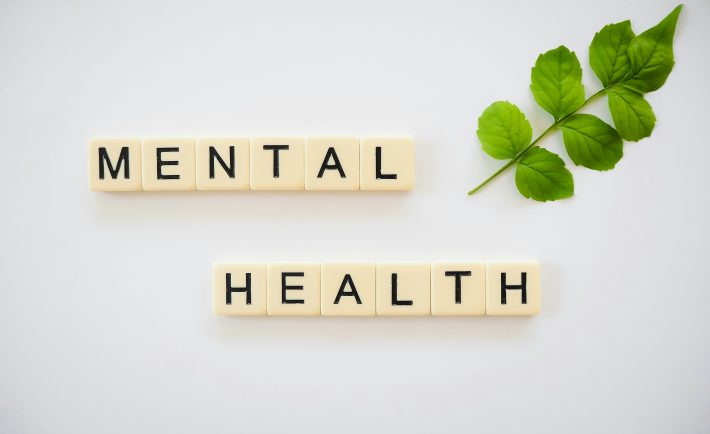
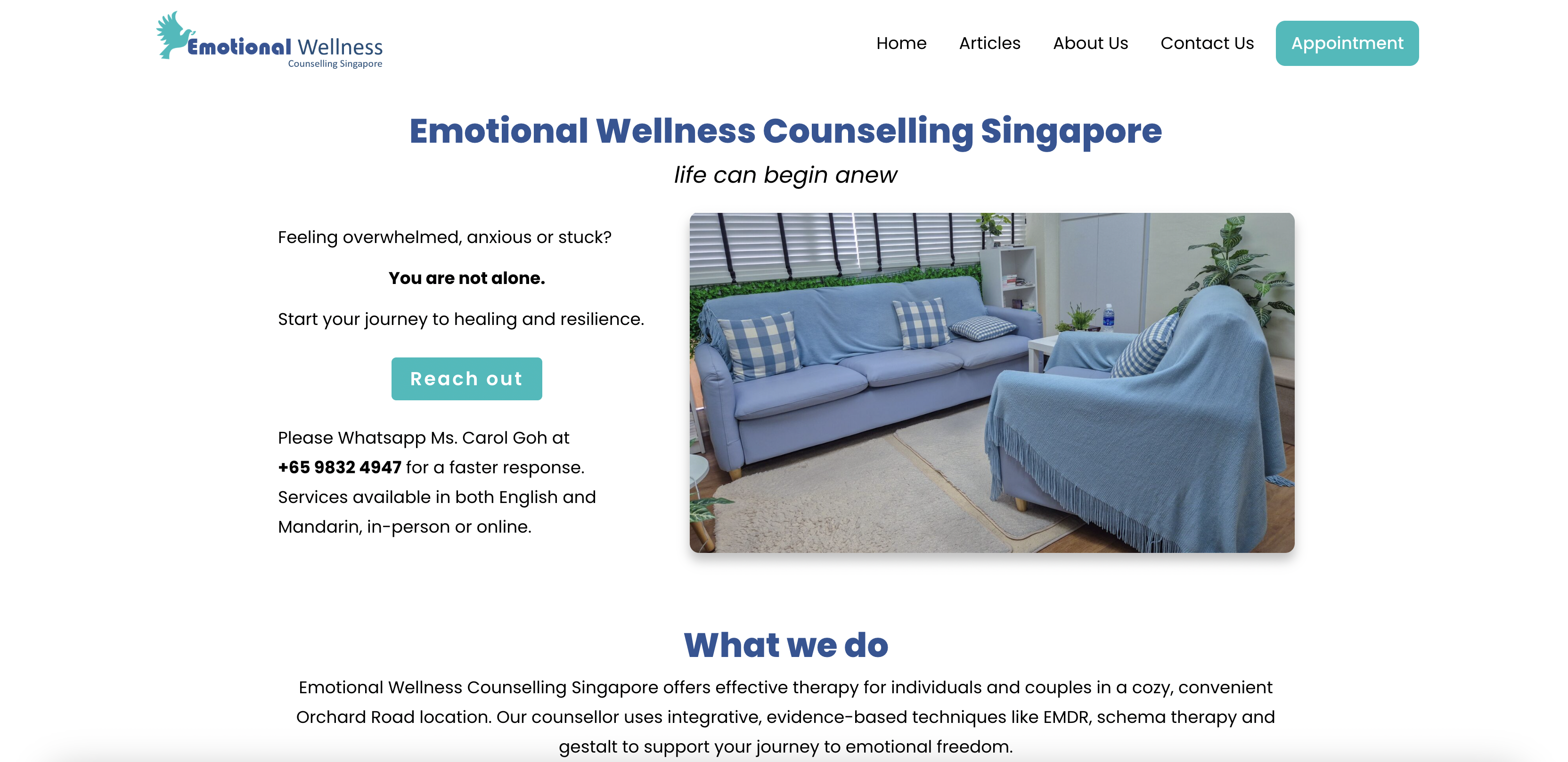
 (@insightfulcounselling)
(@insightfulcounselling)